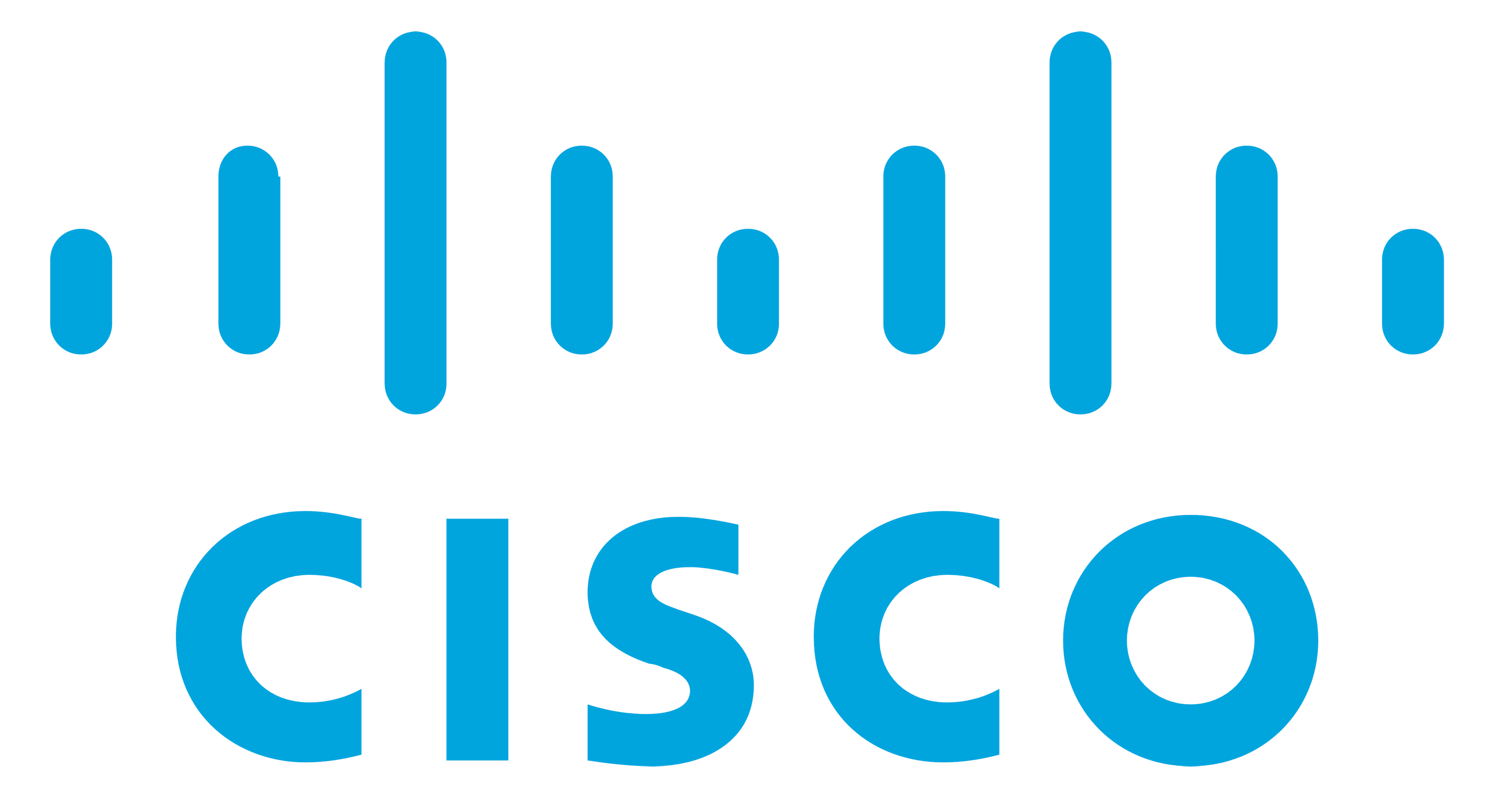Create a New Security Cloud Control User
These two tasks are necessary for creating a new Security Cloud Control user. They do not have to be done in sequence:
After these tasks are done, then the user can open Security Cloud Control from the Cisco Secure Sign-On dashboard.
